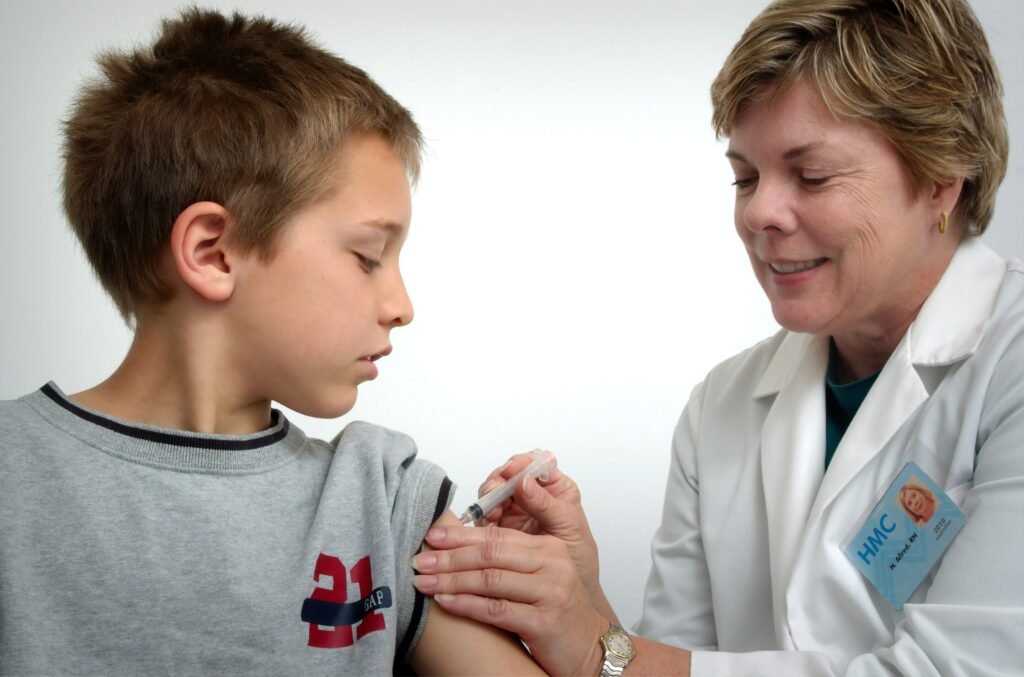The Importance of Childhood Vaccination and Public Support for Vaccine Mandates
In a recent press conference, President Donald Trump reignited the debate on the causes of autism by linking it to the childhood vaccine schedule, a theory that has long been debunked by public health experts. Despite the misinformation spread by the administration, surveys have shown that a majority of Americans still support vaccine mandates for children.
A study conducted by the University of Pennsylvania’s Annenberg Public Policy Center in January 2025 revealed that 73% of Americans would support a policy requiring parents to vaccinate their children against preventable diseases such as measles, mumps, and rubella. While there has been a slight decline in overall support since 2019, the change is not considered significant. The decrease in support can be attributed in part to changing attitudes among Republicans, who are more likely to advocate for parental opt-out options based on medical, religious, personal, or philosophical reasons.
A more recent survey conducted in April 2025 showed increased support for mandating the measles, mumps, and rubella (MMR) vaccine in public schools, despite some opposing views from federal officials. The study found that 70% of the public supported MMR mandates, a significant increase from previous years. Interestingly, support for MMR mandates was consistent across education levels and political affiliations, with Democrats showing the highest level of support.
Kathleen Hall Jamieson, director of Annenberg, expressed surprise at the growing support for MMR mandates, especially in light of conflicting statements from government officials. While some have advocated against vaccine mandates, other states have taken proactive measures to ensure vaccine access and public health. Pennsylvania, for example, has joined a coalition with other Northeastern states to promote vaccination based on medical recommendations rather than government mandates.
The public’s increased understanding of the benefits of vaccination may be attributed to recent news coverage on the topic, including controversial statements made by President Trump. Despite the spread of anti-vaccine rhetoric, experts like Paul Offit emphasize the importance of providing accurate information to combat misinformation. Offit criticized Trump’s recent remarks on vaccines as dangerously irresponsible and stressed the need for health experts to continue educating the public on the importance of vaccination.
Moving forward, Annenberg plans to conduct further surveys on vaccines to assess public understanding and attitudes towards vaccination. While challenges remain in combating vaccine misinformation, the strong public support for vaccine mandates signals a positive trend towards prioritizing public health and disease prevention.
In conclusion, vaccination remains a crucial tool in protecting public health, and public support for vaccine mandates is essential in ensuring widespread immunization and disease prevention. By promoting accurate information and addressing vaccine hesitancy, we can work towards a healthier and safer future for all.


